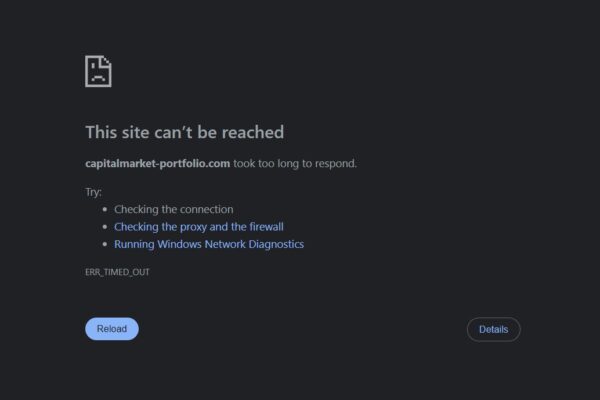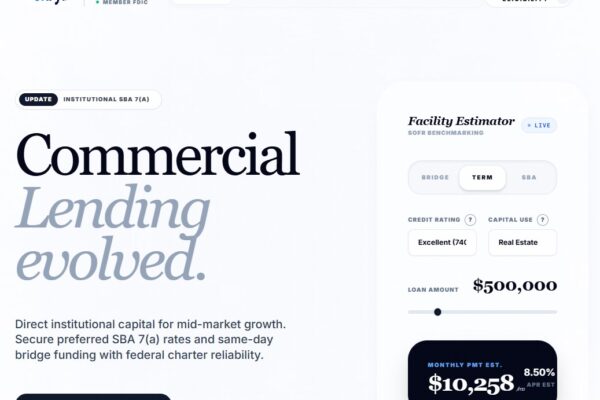Crowd1.com Scam Review — A Look at the Controversies
Crowd1.com presents itself as a global digital-networking and online business platform. On the surface, it looks like a legitimate opportunity built on sleek marketing, polished events, and an impressive global reach. However, when you dig deeper, a troubling picture emerges. Regulatory warnings, accusations of pyramid-style practices, unresolved complaints, and repeated legal actions all point to serious risks. In this article, we take a comprehensive look at Crowd1, its promises, how it operates, and why so many industry experts and consumer advocates raise red flags.
A Glossy Exterior: The Marketing Mirage
Crowd1 markets itself as a powerful platform where members gain access to digital products, online education, and a chance to generate income through referrals. Its branding is designed to be impressive—big conferences, sleek social media campaigns, and high-energy videos meant to create an aura of legitimacy.
At first glance, the promise is attractive: members can supposedly leverage a global network to build passive income while enjoying exclusive products. For someone unfamiliar with how legitimate businesses and scams differ, it’s easy to be impressed. But this kind of surface-level polish often conceals deeper flaws.
The Business Model: Where the Cracks Appear
Crowd1 claims to combine network marketing with digital services. Yet, in practice, most of the focus appears to be on recruitment. The majority of reported income stems not from the sale of unique products to outside customers but from membership packages purchased by new recruits.
This structure mirrors the classic pyramid model: money flows upward from new participants to earlier ones, while the so-called “products” are often vague, digital-only, and lack tangible demand outside the scheme itself.
When a business relies on constant recruitment rather than real product value, sustainability becomes questionable. Once recruitment slows, payouts become difficult, and participants at the bottom of the pyramid are left with losses.
Regulatory Warnings and Legal Actions
One of the strongest indicators that something is amiss with Crowd1 is the global response from regulators. Authorities in multiple countries have issued warnings about the company’s operations. In some regions, agencies have explicitly labeled the structure as resembling a pyramid scheme.
Additionally, there have been cases where affiliated entities faced bankruptcy, and law enforcement authorities pursued legal action against individuals tied to the operation. These developments show that Crowd1 is not simply a misunderstood company—it has triggered formal action from institutions tasked with protecting consumers.
Whenever multiple regulators across different jurisdictions raise alarms, it’s a clear signal that consumers should proceed with extreme caution.
The Customer Experience: Stories from the Ground
Reviews from individuals who joined Crowd1 paint a consistent picture:
-
High-pressure recruitment: Many participants report being urged to buy into membership packages quickly, often with promises of big future returns.
-
Initial payouts, then silence: Some users receive small early commissions, creating the illusion of legitimacy. But when they try to withdraw larger amounts, delays, restrictions, or outright non-payment often occur.
-
Unclear products: The digital services supposedly tied to membership are often vague, poorly explained, or have little standalone value.
-
Support frustrations: Users regularly complain about unresponsive customer service, difficulty in getting refunds, and evasive answers from company representatives.
These are not isolated cases—they form a pattern that aligns with how recruitment-driven schemes typically unfold.
The Operational Script: How It Usually Plays Out
The way Crowd1 reportedly operates fits a very familiar trajectory:
-
The Hype Stage — Big events, inspirational videos, and charismatic leaders create excitement and urgency.
-
The Buy-In Stage — New members are encouraged to purchase entry packages, often marketed as access to future products or special benefits.
-
The Recruitment Push — Members quickly learn that to earn meaningful commissions, they must bring in new recruits who also purchase packages.
-
The Plateau — Once recruitment slows, the flow of new money dries up, leaving participants with empty promises.
-
The Backlash — Regulators intervene, users complain, and the operation faces legal scrutiny.
This lifecycle is typical of schemes that rely on recruitment over genuine commercial activity.
Red Flags to Watch Out For
When evaluating Crowd1—or any similar opportunity—these are the biggest warning signs:
-
Recruitment is prioritized over product sales.
-
The so-called “products” have little or no independent demand.
-
The company has been subject to regulatory warnings or criminal investigations.
-
Payouts are inconsistent, delayed, or difficult to withdraw.
-
Customer reviews highlight frustration and loss.
Crowd1 checks multiple boxes in this list, which should raise alarms for any potential participant.
The Psychological Hooks
Part of what makes operations like Crowd1 successful is their ability to appeal to psychology:
-
Social proof: Lavish events and big online communities create the impression that everyone is making money.
-
Fear of missing out (FOMO): Urgency is built into the sales pitch—join now or lose your chance forever.
-
Dream selling: The promise of financial freedom, passive income, and a better life is at the core of the marketing.
These emotional levers can make people ignore rational analysis and jump into risky ventures.
Why This Matters
Crowd1 is not just another questionable company. Its scale means that thousands of people worldwide may have invested money and hopes into the project, only to end up with losses. Understanding how such schemes operate is critical to protecting yourself and others.
Whenever a platform’s revenue model leans heavily on recruitment, when regulators issue repeated warnings, and when user complaints consistently highlight the same problems, the conclusion is clear: the risks outweigh the potential benefits.
Closing Thoughts
Crowd1’s polished branding and global presence may look convincing, but the deeper you look, the more problematic it becomes. The reliance on recruitment, repeated regulatory warnings, unresolved user complaints, and reported legal actions all point to a model that is unsustainable and potentially harmful to participants.
For anyone considering joining, the evidence strongly suggests it is best avoided. Financial opportunities that rely on transparency, real-world products, and compliance with the law are far safer bets than those fueled by hype and recruitment pressure.
Report Crowd1.com Scam and Recover Your Funds
If you have lost money to Crowd1.com Scam, it’s important to take action immediately. Report the scam to Jayen-consulting.com, a trusted platform that assists victims in recovering their stolen funds. The sooner you act, the better your chances of reclaiming your money and holding these fraudsters accountable.
Scam brokers like Crowd1.com continue to target unsuspecting investors. Stay informed, avoid unregulated platforms, and report scams to protect yourself and others from financial fraud.
Stay smart. Stay safe.






